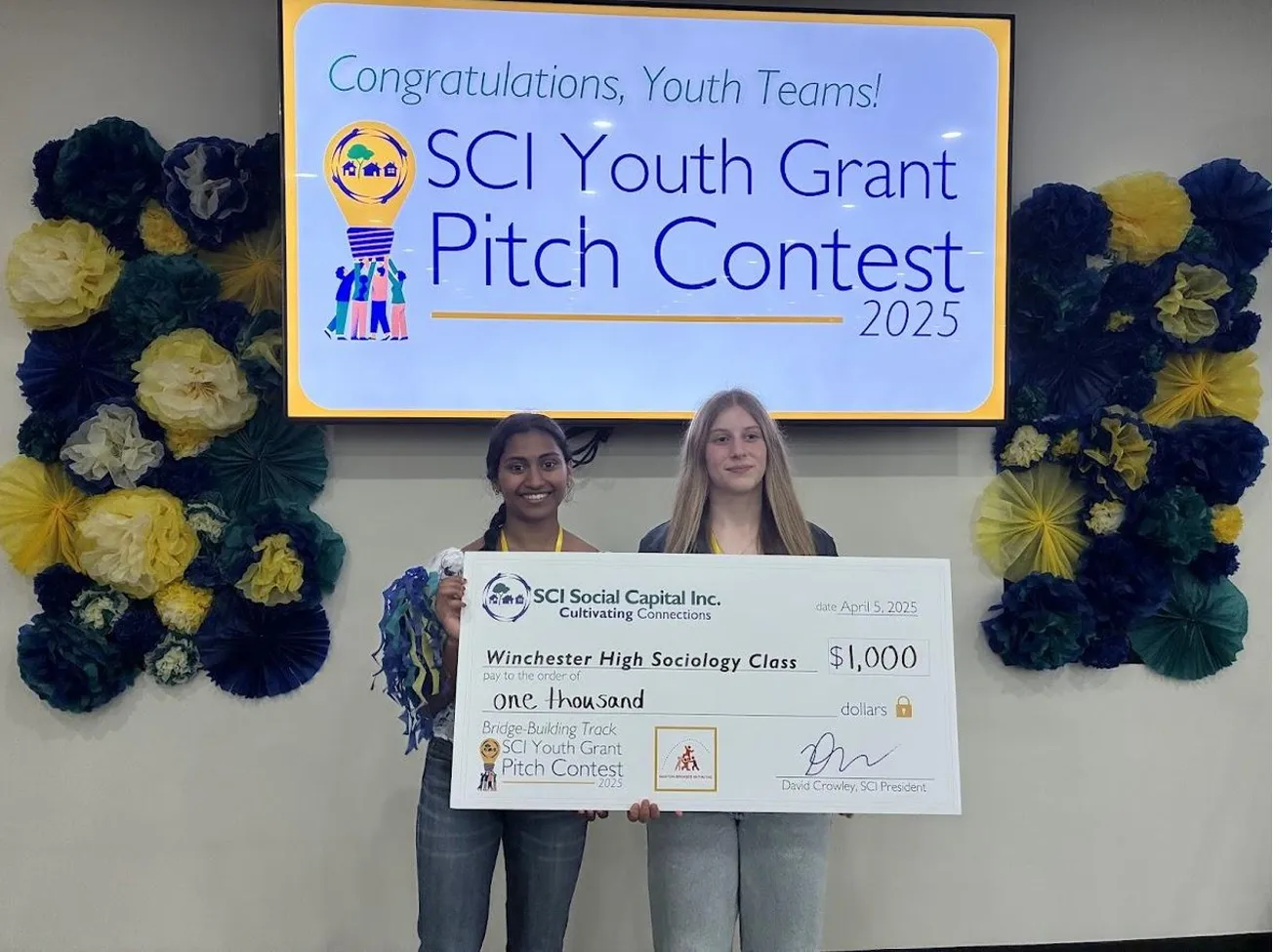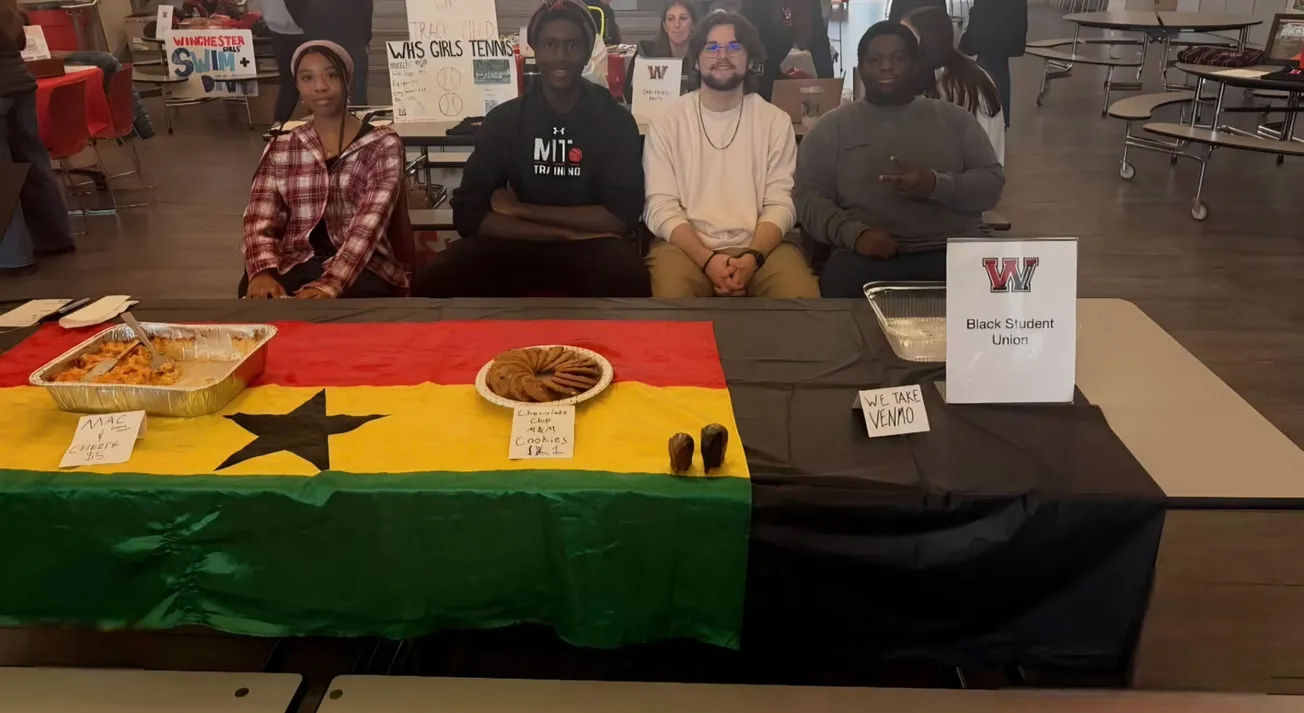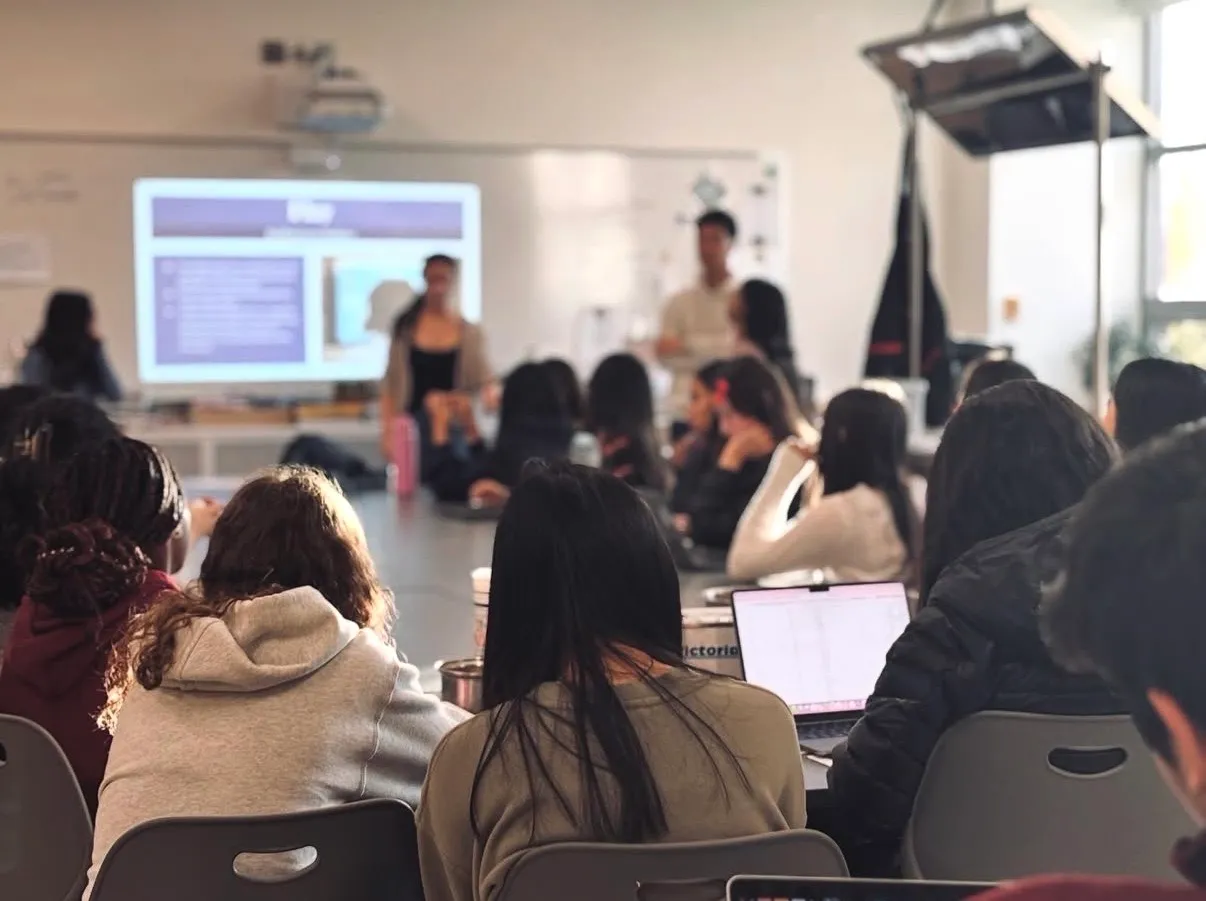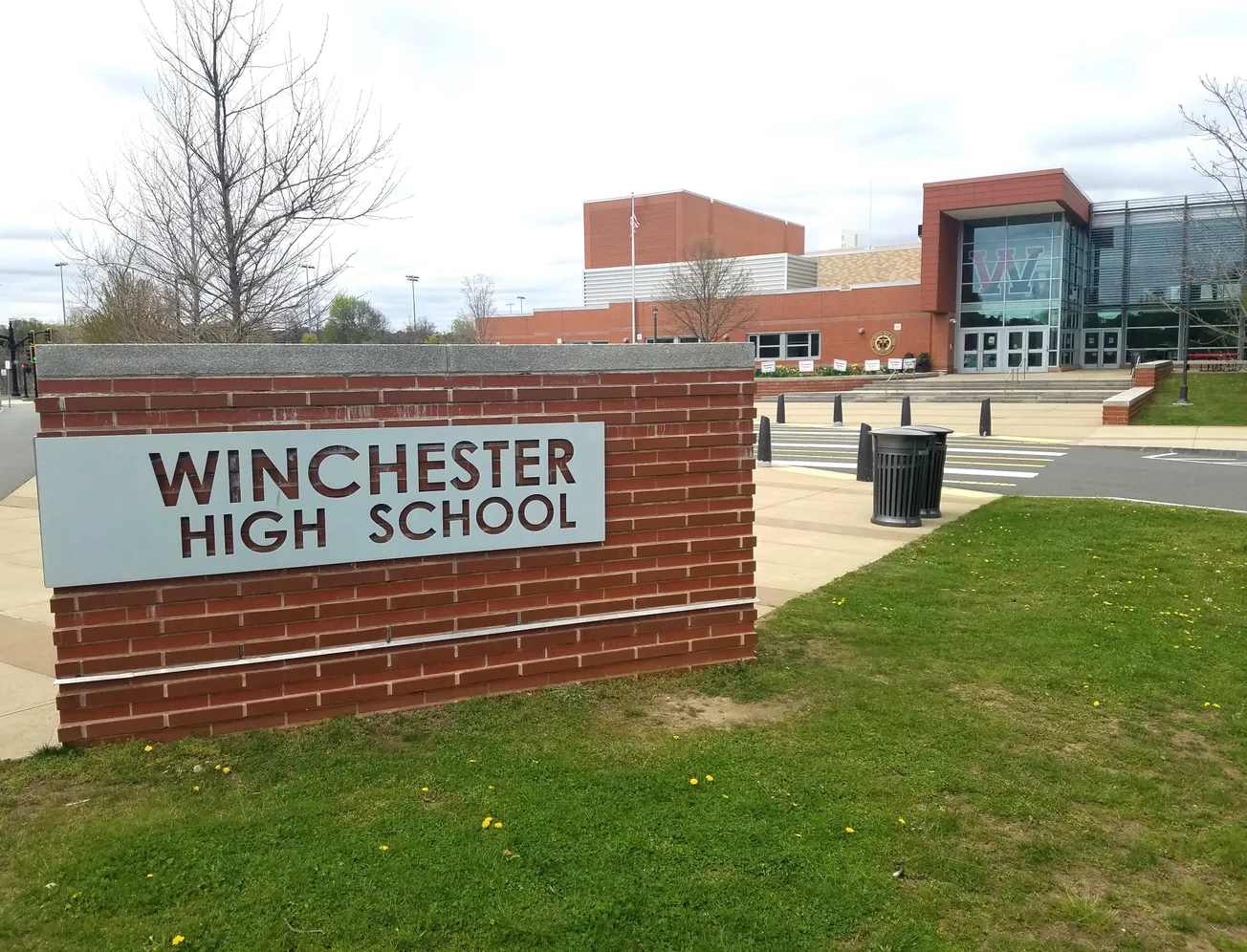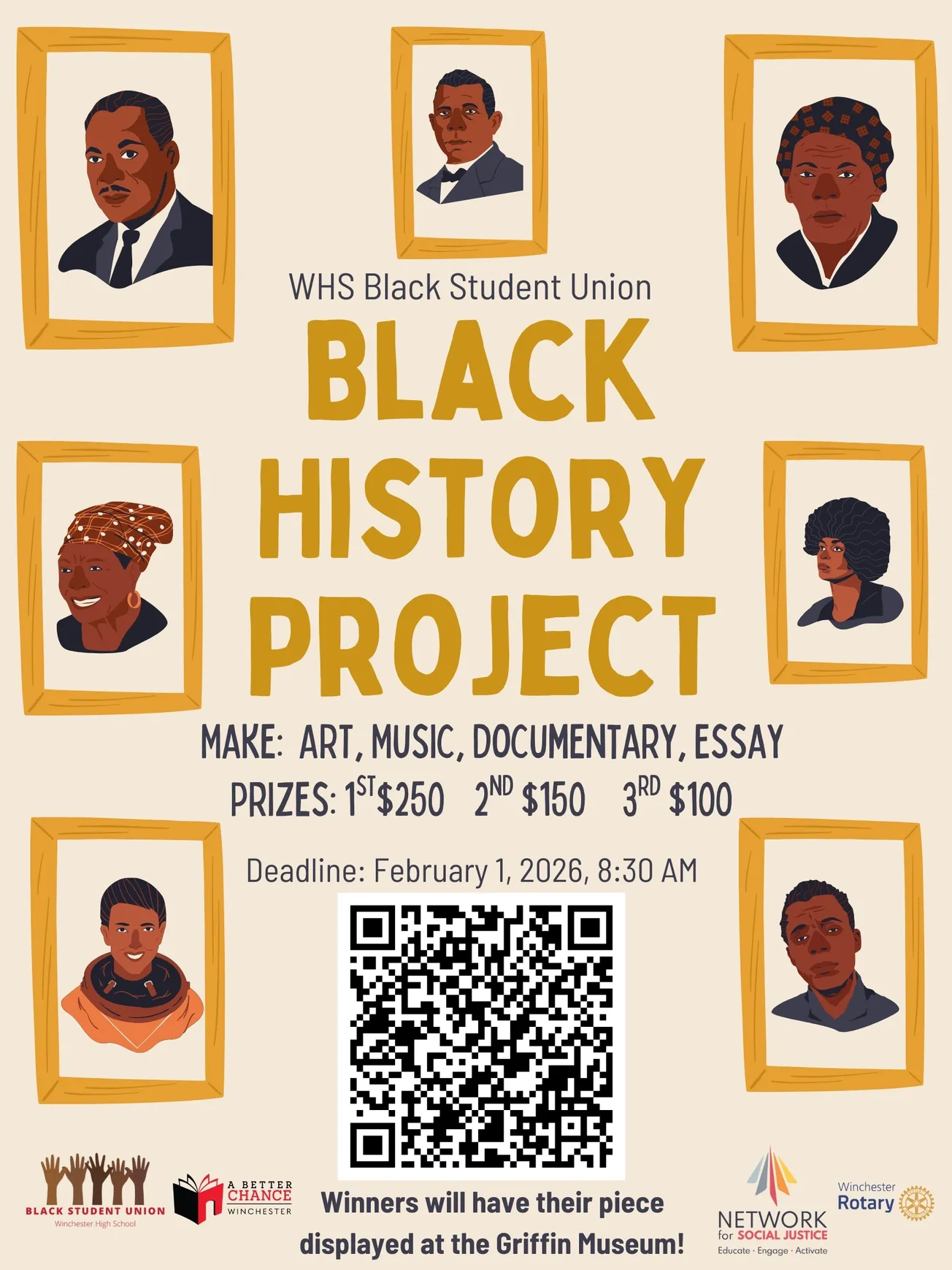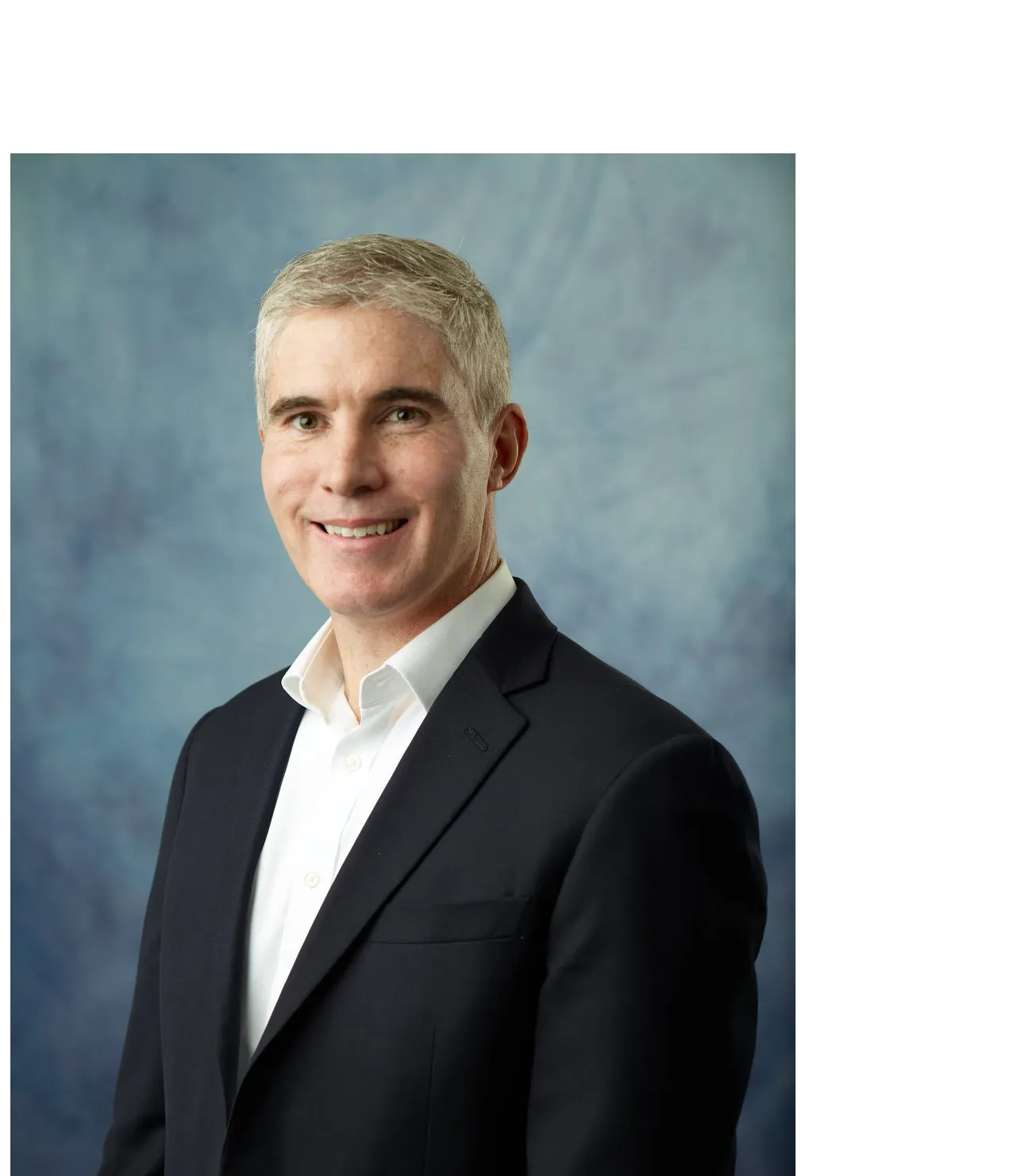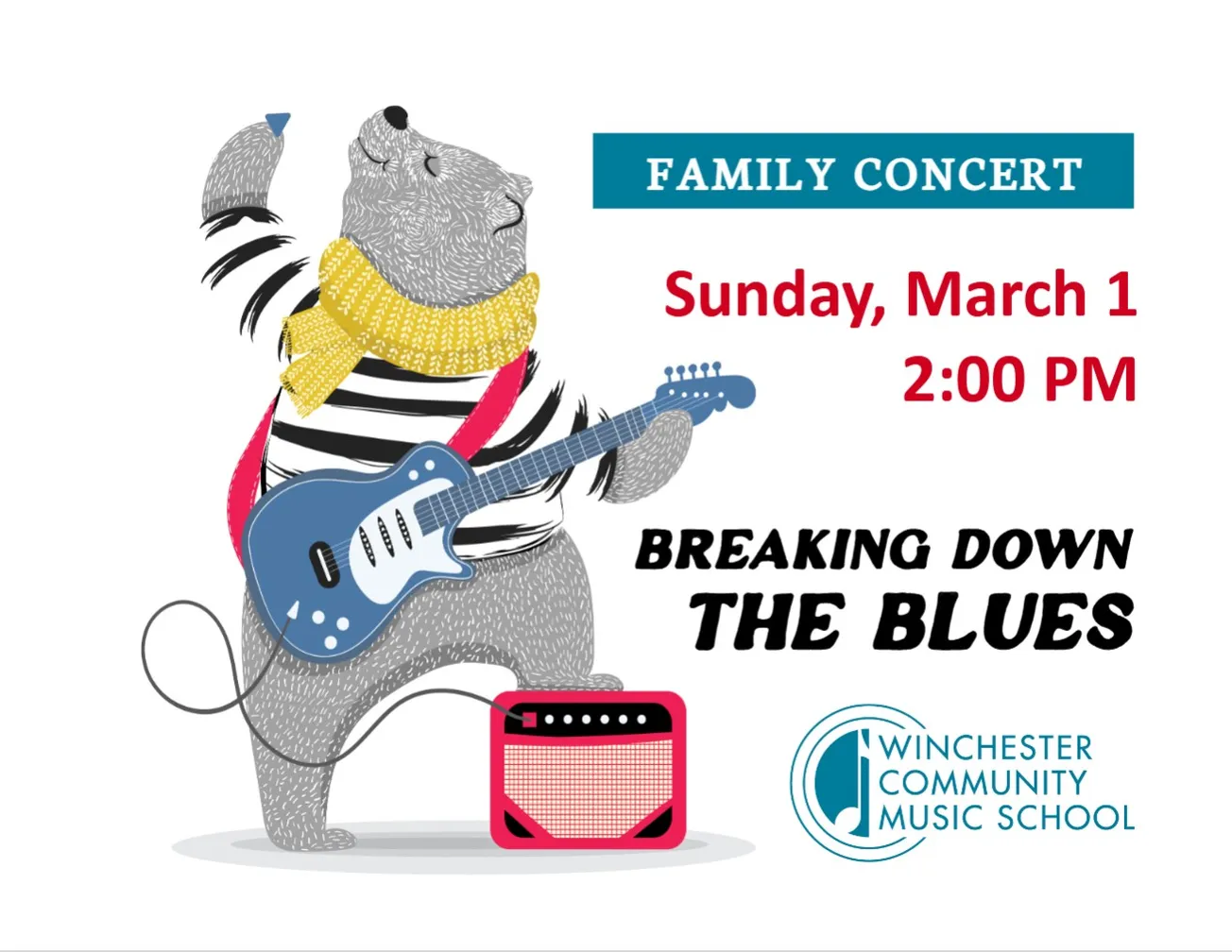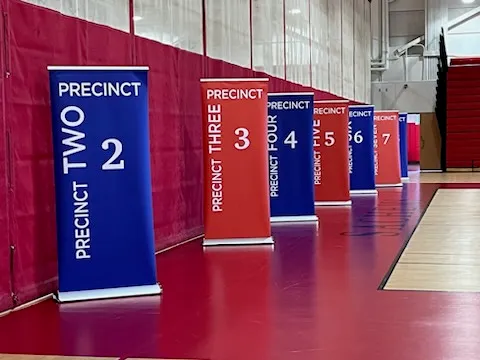Table of Contents
By Norah Doyle
Students at Winchester High School are bridging a generational divide with the power of plants.
A sociology class at the high school this spring participated in the Youth Grant Pitch Contest, an outreach program ran by Social Capital Inc. (SCI), a local nonprofit that promotes increasing the social capital of a community and bringing people together.
Established in 2021, the annual contest empowers young leaders from ages 11-19 years old in the Greater Boston area to develop, pitch, and implement projects that address any issues facing their community.
“It’s really cool to see how youth can be empowered with mentorship and financial support to create and implement a project for their community,” said Nicole Osborne, SCI’s program manager.
The youth teams are coached by volunteers from across the Greater Boston area whose careers range from entrepreneurs, tech engineers, and non-profit organizers. After submitting applications for the program in the fall, the coaching sessions begin in February. Their job? Guide the young leaders through the process of creating a community improvement project that they can pitch to the SCI board.
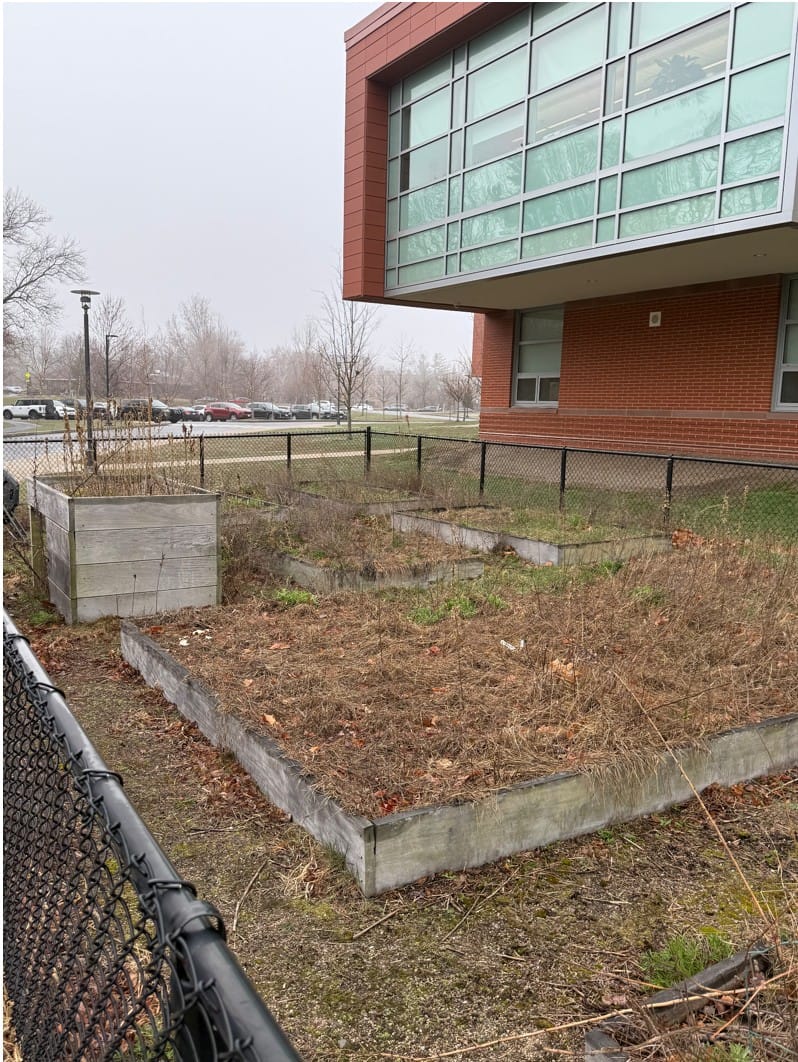
Seven out of 18 students in Winchester High School’s sociology class made up the team. The project work was completed both in and out of the classroom. Once a week, the students had an evening coaching session.
The class is taught by Anne-Marie Edenhofner, who has taught at WHS since 2018 and has been teaching sociology for the past two years. Her teaching style revolves around the students first and foremost.
“I believe in offering student’s [the] choice,” said Edenhofner. “Some wanted to work on a different project.”
Alongside Edenhofner, students were coached by Richard Mahoney and Chris DiMeo, a retired technology industry executive and Woburn resident. DiMeo is the current executive director of Know Your Neighbor Woburn, a community nonprofit.
“What’s unique about our sessions is that the coaches are more like consultants,” said Osborne. “We want the youth to really drive the conversations and the adults are there to support and make sure that the conversations are on track, provide their input when the youth are seeking it, or jump in to help guide the conversation in a productive direction.”
The actual “grants” given to these teams are funded by SCI.
“It’s funny that it’s called the Youth Grant Pitch Contest, since we don’t have first, second, or third place. Everybody has an opportunity to receive up to $2,000 in grant funding,” said Osborne. “We give away $20,000 and we have 15 teams, so not every team will get up to $2,000. [But], not every team needs $2,000 for their project idea.”
This year, SCI had two funding tracks: a social impact track and a bridge building track. Social Impact meant teams created projects to impact their communities in some sort of positive way, but bridge building had a bit more to it.
“We want our teams to connect with people or create a space that allows people to connect from various backgrounds or identities, through whatever project idea they create,” said Osborne.
Winchester was on the “bridge building” track, their project building a bridge between the youth and senior citizens in the form of a community garden.
“[The students] wanted to address this generational gap, this disconnect between young people and people who are in the senior citizen stage,” said DiMeo. “As it happens, Winchester High School is very close to the Jenks Center, which is the marvelous senior citizen center in Winchester.”
Knowing the geographical convenience between the high school and the senior center, the students decided their project would be changing the school’s run-down and forgotten garden into a rejuvenated community space where both senior citizens and youth can come together, spend time gardening and learn from each other.
“I like the idea of the students looking at what’s already a resource that’s not being utilized and how they can use that as a new way of engaging with other people in the community” said Edenhofner.
The students have gone through all of the stages of project planning; conceptualizing the program, identifying the goals, and the logistics of restoration needs, and the complete redesign of the garden.
The contest provides students with the unique opportunity of hands-on experiential learning.
“It’s great because it’s a real life authentic experience, we’re just not playing pretend ‘make up a pitch.’ The students are actually doing it, [it] involves getting real funds that they are going to decide how to use,” said Edenhofner. “And then the responsibility of actually making the project happen. Nothing can replace that, it’s rare to do as part of the classroom.”
Winchester High senior Anshu Patra was surprised to be offered this opportunity in sociology class.
“I didn’t expect sociology to provide this opportunity so when it came up, I was excited to take part,” said Patra. “My favorite part was the actual presentation day. Everyone had so much energy, passion and something interesting to share. It was amazing to see the excitement in the room about contributing to the community issues they had chosen.”
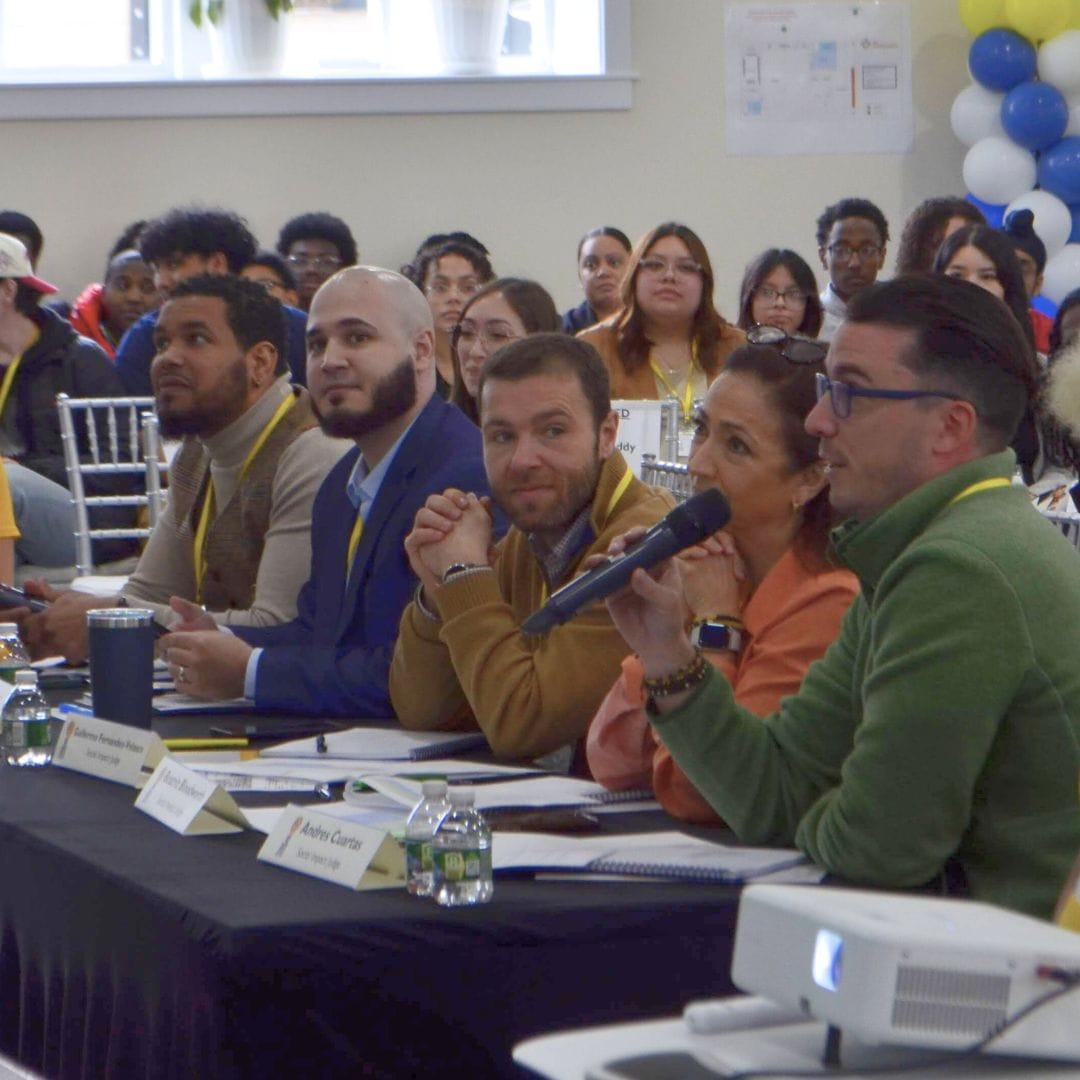
The students even interviewed senior citizens from the Jenks Center to get their thoughts on the garden during the planning process.
“The most exciting part of it was the students actually reached out and scheduled interviews with the seniors,” said DiMeo. “One senior thought she would like to develop a stronger connection to younger people. She thought this would be something that she would really enjoy and benefit from.”
Julia Galvagna, a WHS senior who worked on the project, was particularly excited about the collaboration with the Jenks Center.
“I loved interacting with the members of the Jenks Center. I thoroughly enjoyed our time connecting with generations we rarely get the chance to engage with,” said Galvagna. “Additionally, my favorite part of the project was getting to engage with the other contestants. The community was erupting with such great positive energy and I especially loved learning about how high schoolers like me from other towns and cities are trying to better their communities.”
The students talked to another senior who had recently retired, loved to garden, and was interested in being a part of the garden as a way for her to stay connected to young people.
Even DiMeo reaped the benefits of spending time with the youth from his coaching sessions.
“I want to spend as much time as I can in programs with young people, because working with young people keeps you young,” said DiMeo. “If you’re thinking young and it keeps you looking forward, it keeps you grounded in hope.”
These ambitious students won $1,000 from SCI at the pitch contest on April 5 and are now seeking funding from other sources but they have enough money to have a planting day in mid-May.
“Our garden is important to the school because it will be a place to build community and connection. While the Jenks Center, the senior center, is so geographically close, it is socially miles away,” said Patra. “This garden will hopefully provide the opportunity to bridge the gap, forming mentoring relationships and productive outlets for both students and seniors to get active or involved.”
Everyone involved in the SCI Pitch Contest hopes for the garden to be a beautiful space of connection, learning, and beauty and a space that will strengthen the Winchester community as a whole.
Norah Doyle is a student at Endicott College studying journalism. This article was produced for the Massachusetts News Service of Endicott College in partnership with Winchester News.

